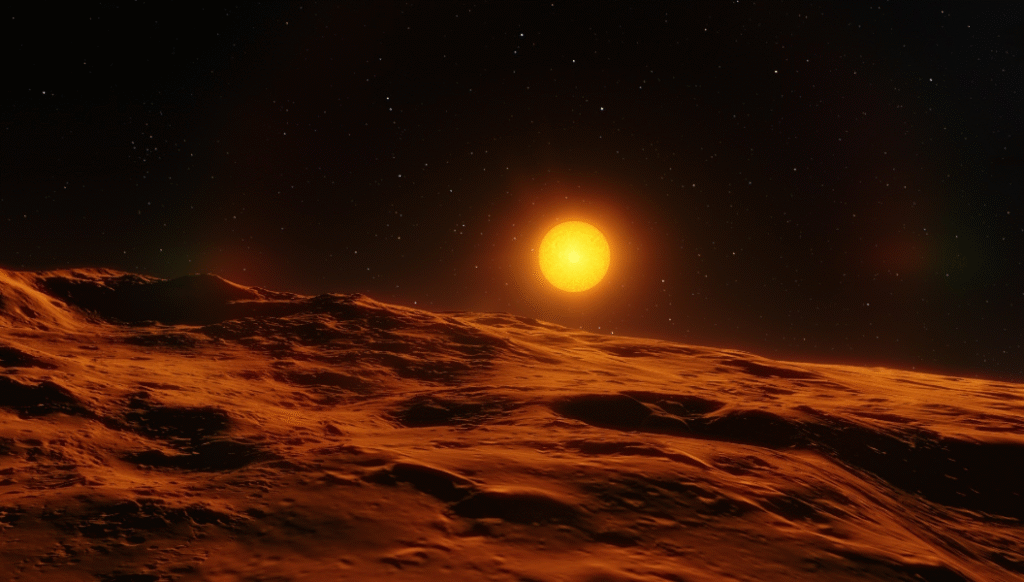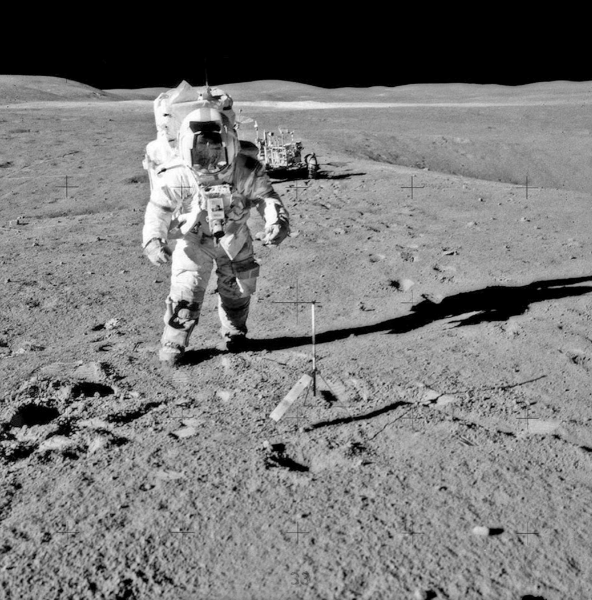Have you ever looked up at the night sky and wondered if we're alone in the universe? If so, you're not alone—and you're asking the very questions that drive the field of astrobiology.
Astrobiology is the scientific study of life in the universe. It explores the origins of life on Earth, the possibility of life on other planets, and the conditions that make a planet habitable. As interest in space science continues to grow, so do opportunities in this exciting, interdisciplinary field. With the discovery of new exoplanets and missions searching for signs of life beyond Earth, careers in astrobiology are gaining global attention.
What Does an Astrobiologist Do?
An astrobiologist investigates how life originated and evolved on Earth—and whether it might exist elsewhere in the universe. The role combines biology, chemistry, geology, and astronomy into a single scientific journey. Common responsibilities include:

- Studying extremophiles, organisms that live in Earth's most extreme environments, to understand how life might survive on other planets
- Analyzing data from Mars rovers, telescopes, and satellites
- Collaborating with experts across multiple scientific disciplines
- Designing experiments for space missions and writing research papers
Astrobiologists work at the intersection of cutting-edge research and real-world space missions, making this one of the most dynamic science careers available today.
Why Astrobiology is a Career of the Future

The future of astrobiology careers is brighter than ever. Space exploration is advancing rapidly, with missions like the James Webb Space Telescope and Mars Perseverance Rover making groundbreaking discoveries.
There’s a growing demand for scientists who can work across multiple disciplines. Understanding extremophiles on Earth helps scientists imagine life in the harsh conditions of other planets and moons like Europa or Enceladus. The discovery of exoplanets that may support life has expanded research opportunities in this field.
As private companies and global space agencies invest more in the search for habitable worlds, the need for trained astrobiologists will only continue to grow.
Where Do Astrobiologists Work?
Astrobiologists can be found in a variety of professional environments, from space agencies to universities and private space companies.

- NASA: Offers positions in life sciences, planetary habitability, and mission planning
- ESA (European Space Agency): Conducts astrobiological research on icy moons and space habitats
- SpaceX and other commercial firms: Hire researchers to support long-duration missions and sustainability in space
- Universities and Research Institutes: Focus on academic research and training future scientists
Astrobiologists also work within specialized programs like the NASA Astrobiology Program, which funds interdisciplinary research and promotes global collaboration. These programs often partner with institutions conducting both theoretical and practical research on planetary systems and possible biosignatures.
How to Become an Astrobiologist
There’s no fixed route to becoming an astrobiologist, but a strong academic foundation in science is essential.
- Start with a bachelor’s degree in biology, chemistry, physics, geology, or astronomy.
- Pursuing a master’s or PhD in astrobiology or a related field, such as planetary science or astrochemistry.
- Gain hands-on research experience through internships, lab projects, or working with professors.
- Stay involved in the latest research by following organizations like NASA, ESA, and academic journals.
Astrobiology is a highly interdisciplinary field. Knowing multiple areas will give you a competitive edge and prepare you to work in complex, collaborative environments.
Top Astrobiology Programs in the US and Worldwide
If you're serious about this career path, enrolling in a recognized astrobiology program can provide valuable training and networking opportunities.
Recommended Institutions:
- University of Washington: Astrobiology Graduate Program
- Arizona State University: School of Earth and Space Exploration
- Penn State University: Center for Exoplanets and Habitable Worlds
- Harvard University: Origins of Life Initiative
These programs are among the best for students looking for astrobiology programs in the US, offering hands-on research, cross-disciplinary courses, and access to leading experts.
Internships and Early Career Opportunities
Getting an early experience is crucial for success in this field. Fortunately, many organizations offer internships specifically for aspiring astrobiologists. Where to Apply:
NASA Pathways Internship: Offers paid internships to students interested in planetary science and biology
ESA Young Graduate Trainee Program: A one-year opportunity for recent graduates to work on real space projects
Blue Marble Space Institute of Science: Offers virtual and on-site research projects
University-based assistantships for undergraduate and postgraduate students
If you’re looking to apply for a NASA internship in astrobiology, keep an eye on the NASA Careers portal, where seasonal opportunities are announced throughout the year.
Skills and Qualities You’ll Need
Astrobiology demands both scientific expertise and creative problem-solving. Successful professionals in this field are curious, adaptable, and collaborative.
- A strong foundation in science and mathematics
- Experience with laboratory and fieldwork techniques
- Data analysis using tools like Python, R, or MATLAB
- Scientific writing and public communication skills
- Ability to work in diverse, interdisciplinary teams
These are the same core competencies required across many space careers, especially in fields where biology meets planetary science.
Future Trends in Astrobiology
The field is evolving quickly. Some of the most exciting developments include:
- Use of Artificial Intelligence (AI) to analyze massive datasets from space missions
- Robotic missions to explore subsurface oceans on moons like Europa and Titan
- Growing collaboration between private companies and international space agencies
- Advancements in detecting biosignatures on exoplanets using tools like the James Webb Space Telescope
These trends are reshaping not only how we conduct research but also how we train the next generation of scientists.
Final Thoughts:
Astrobiology is not just a career—it’s a mission to explore life’s biggest questions. Whether you're fascinated by the origins of life or driven to find it beyond Earth, this path offers endless opportunities for discovery.
From deep-sea microbes to distant exoplanets, the field connects our world to the broader universe. With curiosity, education, and hands-on experience, you can become part of this exciting journey. If you’re serious about exploring careers in astrobiology, there’s no better time to start than now. Your scientific future might be grounded here on Earth, but your impact could reach the stars.







